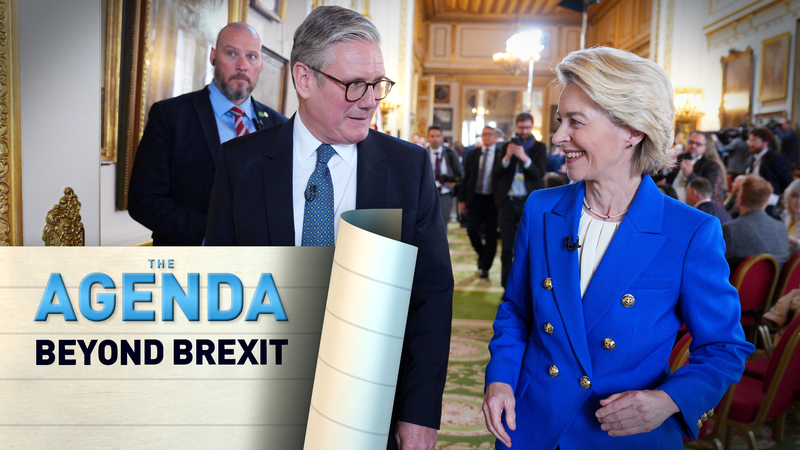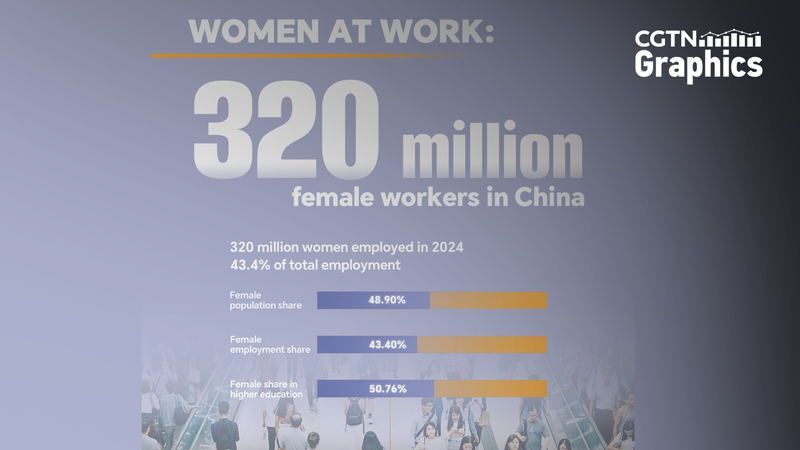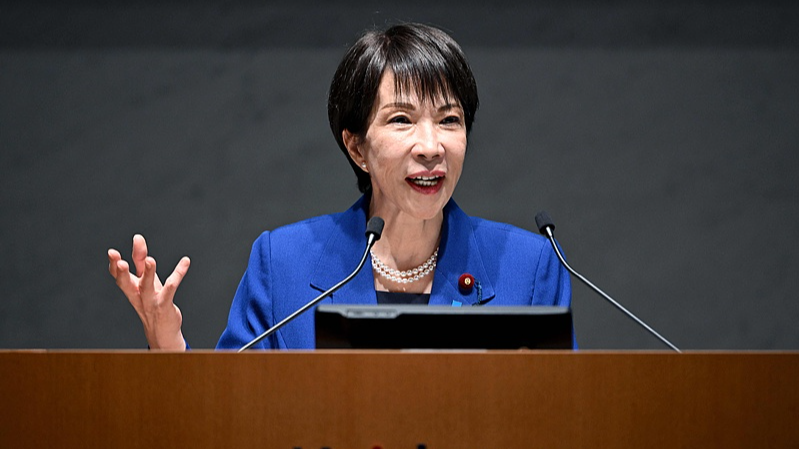In what commentators have quickly dubbed the “Brexhale” moment, UK Prime Minister Keir Starmer and EU Commission President Ursula von der Leyen shared the stage this week to seal a landmark trade deal nearly nine years after Britain’s Brexit vote. The agreement, which spans sensitive areas from fishing rights to airport e-gates, marks a significant reset in UK–EU economic relations and signals a broader push to secure stability in an unpredictable global market.
The pact covers practical provisions on fishing quotas that have long been a sticking point, while introducing streamlined e-gate access for travelers, promising faster airport flows across G20 hubs. “This deal, following our recent successes with the US and India, puts Britain back on the global trade map,” said Starmer, highlighting a strategic pivot toward diversified partnerships.
To unpack what this means for businesses and citizens alike, Juliet Mann hosted a special edition of The Agenda with expert voices. David Henig, Director of the UK Trade Policy Project, pointed out that the new terms could offer firms much-needed certainty as supply chains face ongoing disruptions. Pieter Cleppe, Editor-in-chief of BrusselsReport.EU, described the deal as “a pragmatic response by the EU to evolving economic realities,” while Chris Southworth, Secretary General of the International Chamber of Commerce UK, underscored its potential to revive investor confidence.
For young entrepreneurs and digital nomads, the inclusion of e-gates is more than a travel convenience—it’s a nod to the digital-first age, where time saved at airports translates directly into economic opportunities. Meanwhile, fishing communities on both sides of the Channel will watch closely as new quotas come into force, testing the balance between local livelihoods and wider market access.
As global trade grapples with uncertainty—from shifting geopolitical alliances to sustainability demands—this UK–EU accord may well be a bellwether. It demonstrates that even long-fixed standoffs can evolve into collaborative frameworks, offering a blueprint for other regions seeking to reaffirm economic ties in a fragmented world.
What comes next? Businesses will be evaluating how streamlined border procedures affect costs, while policymakers will measure the impact on strategic industries. One thing is clear: after almost a decade of negotiations, the UK's handshake with the EU opens a new chapter in global trade diplomacy.
Reference(s):
cgtn.com


